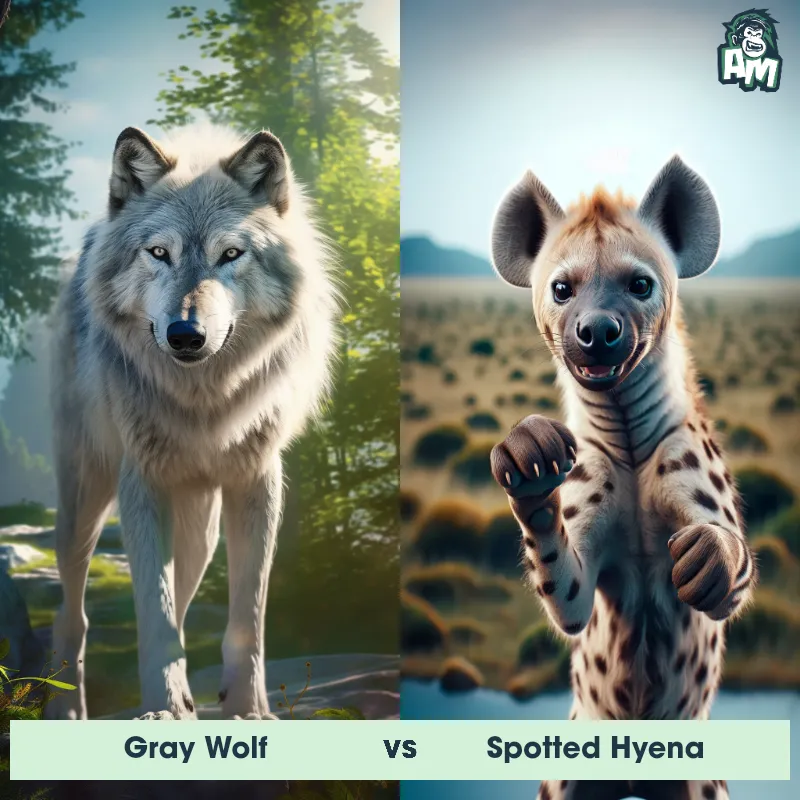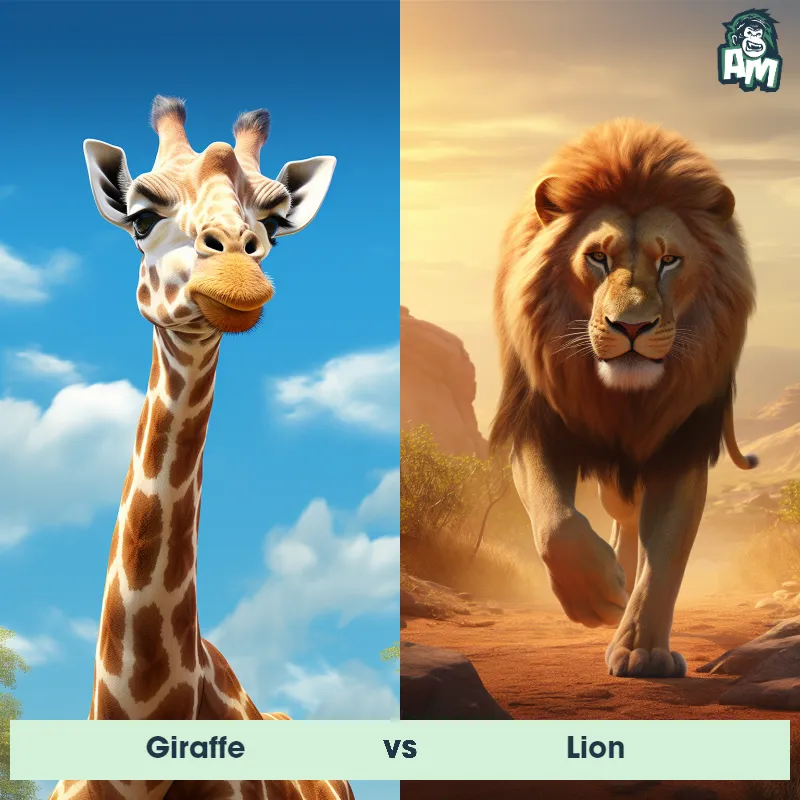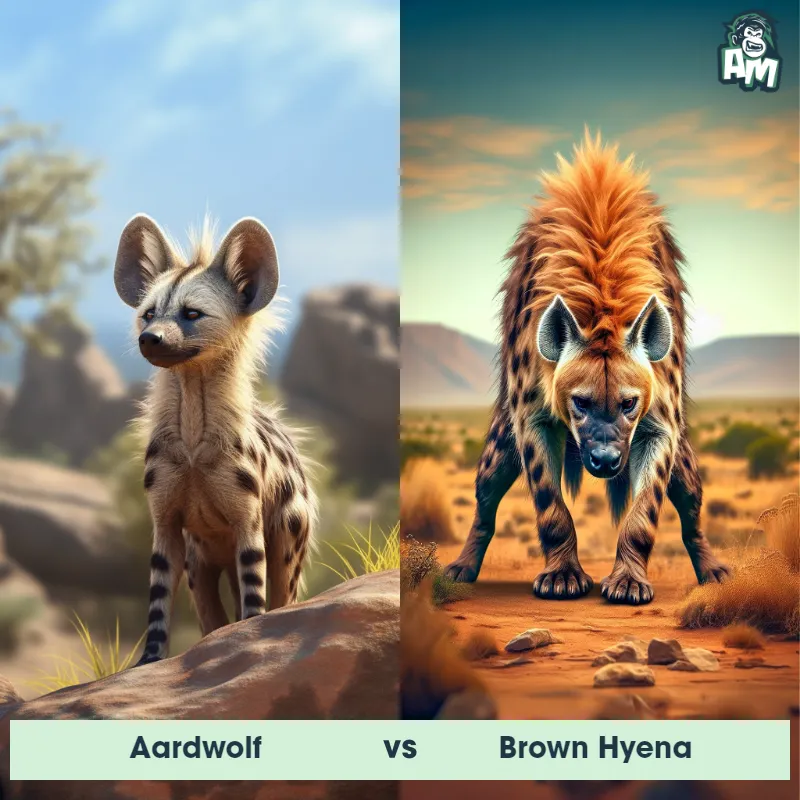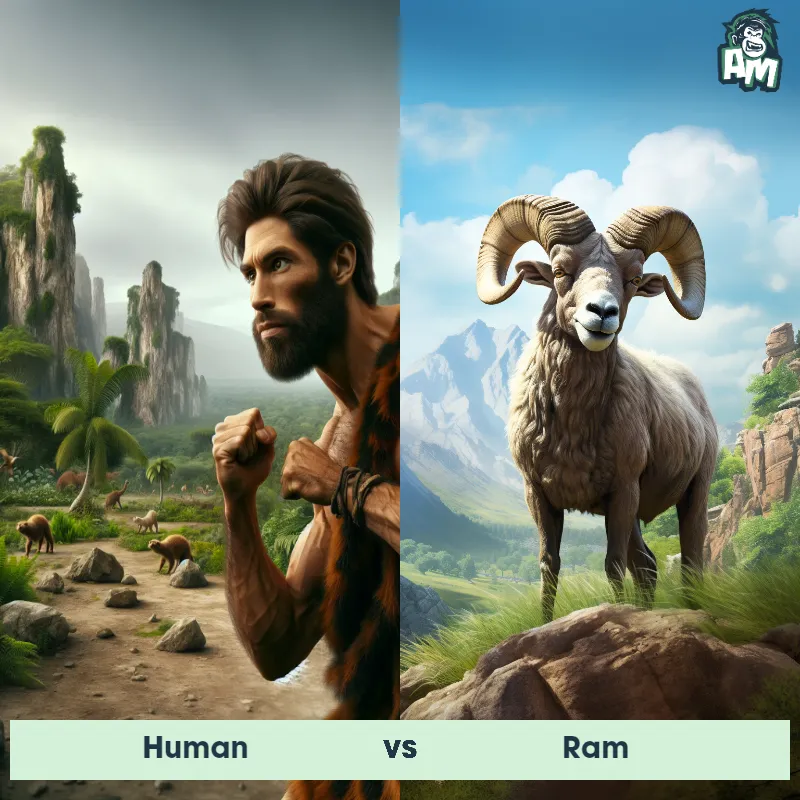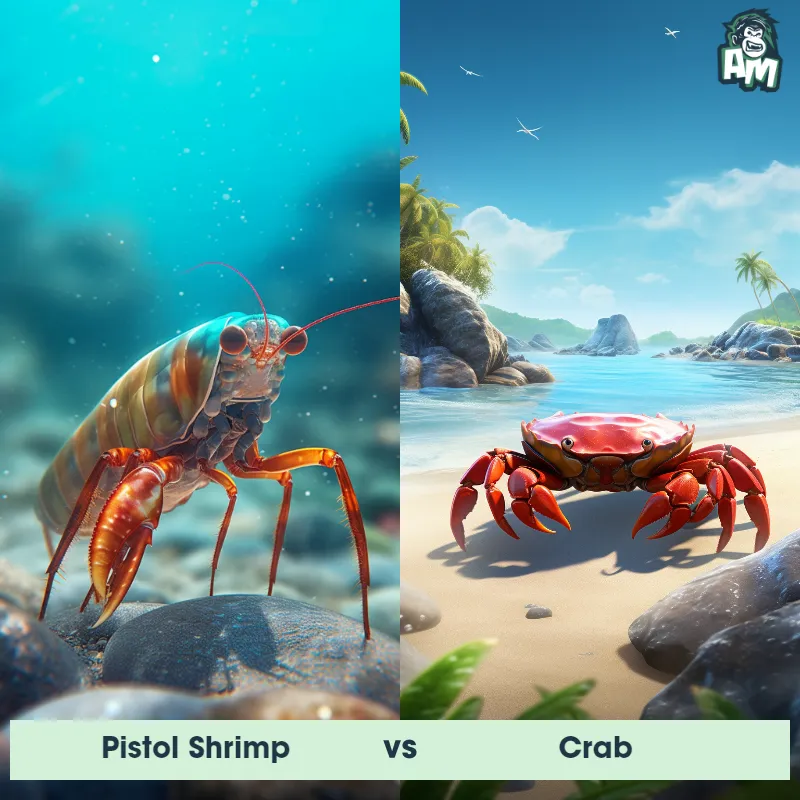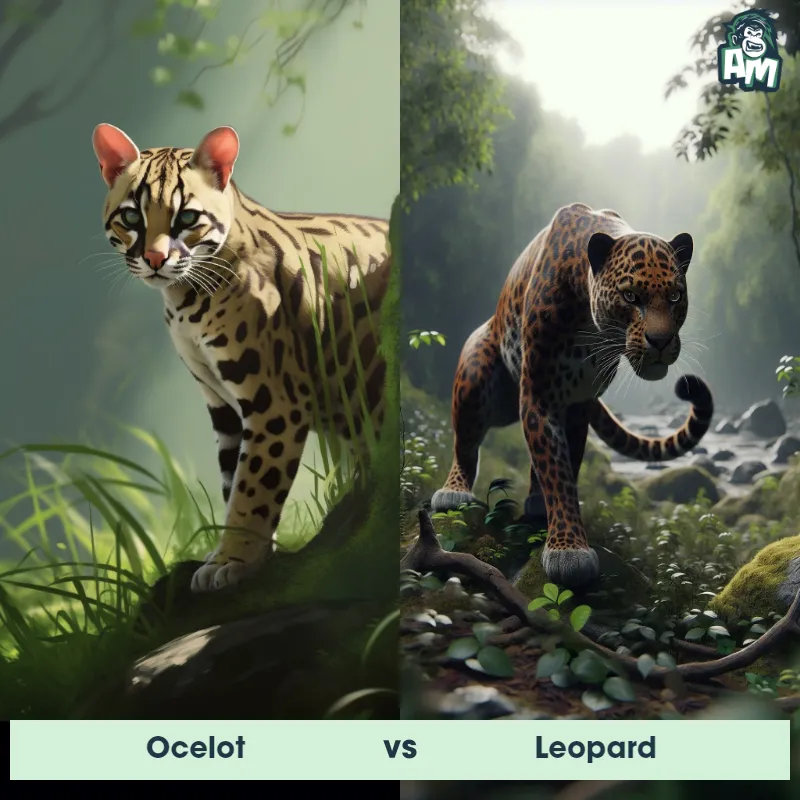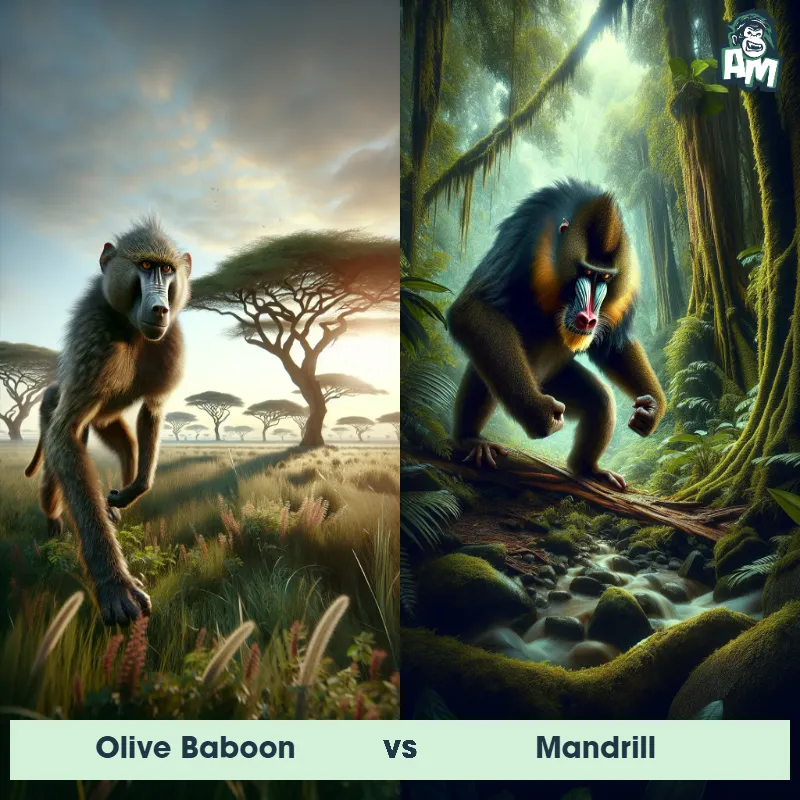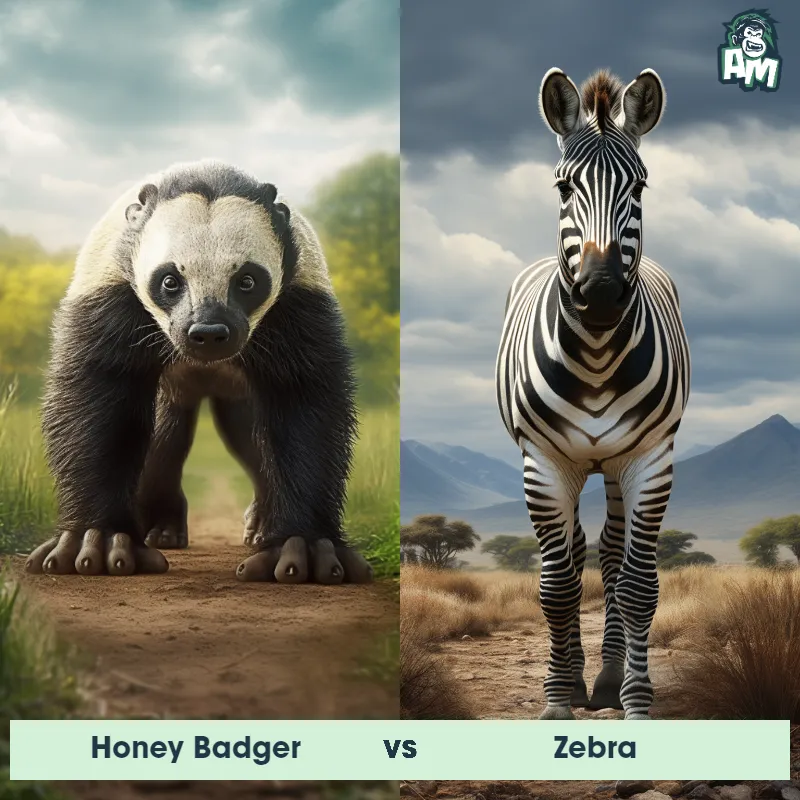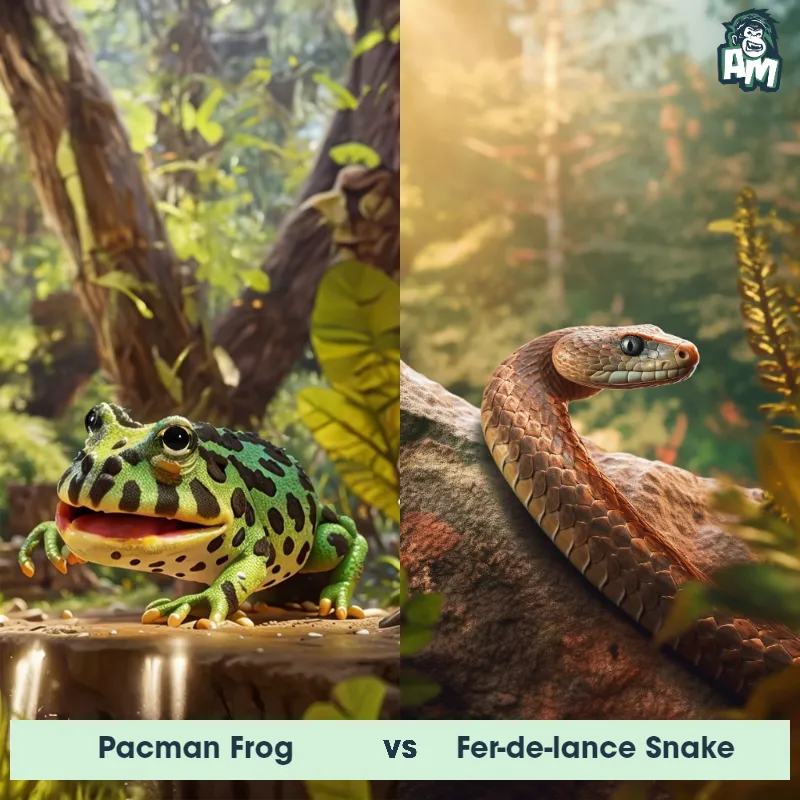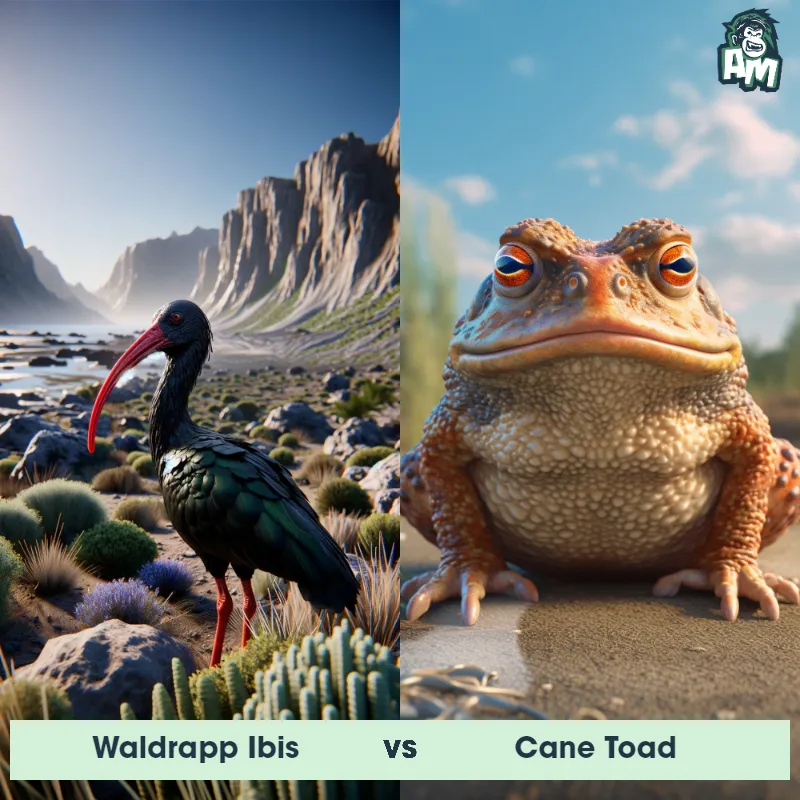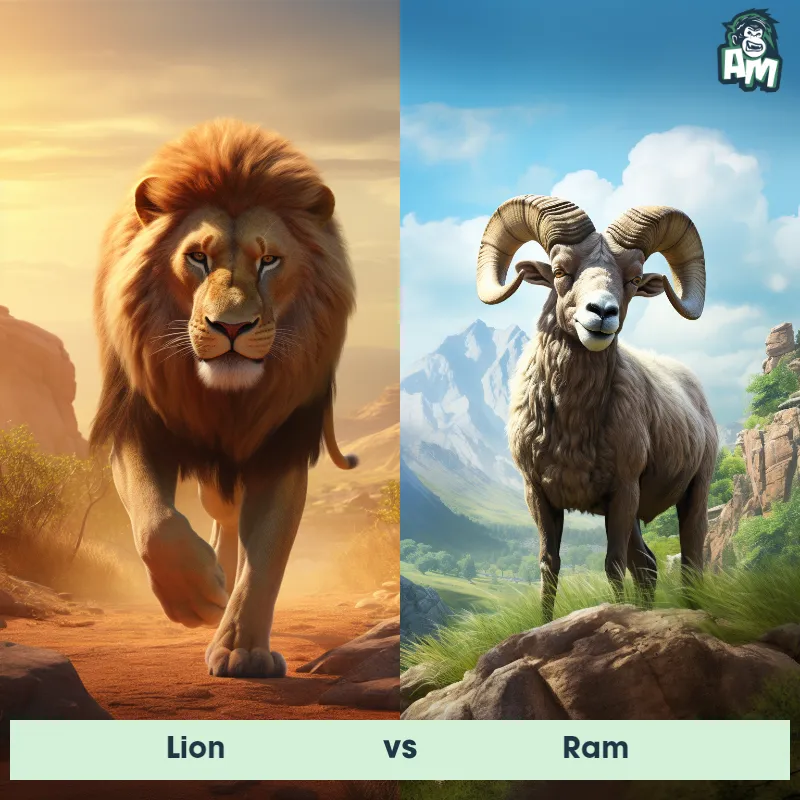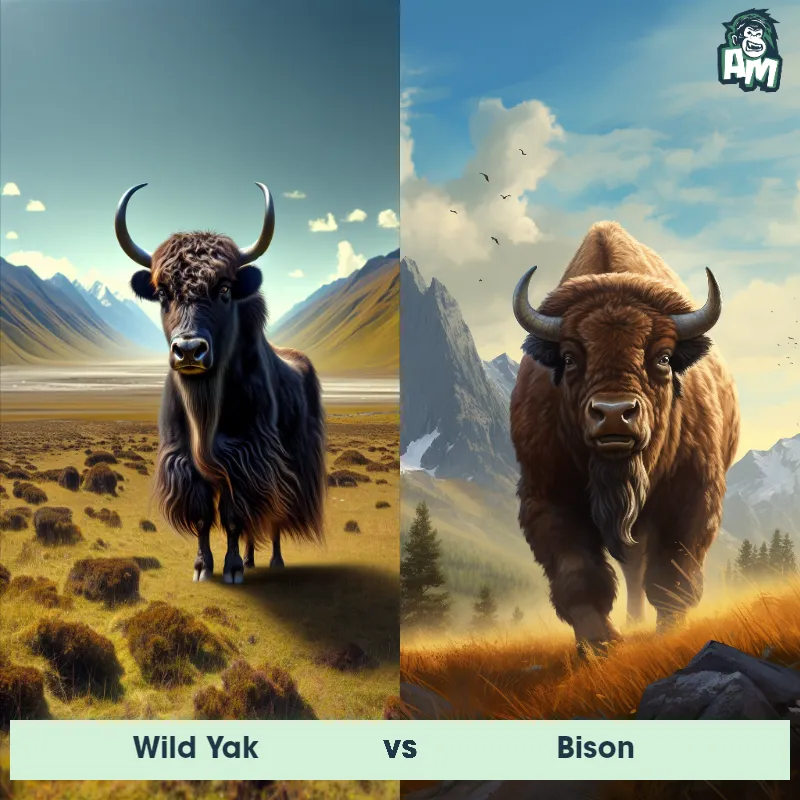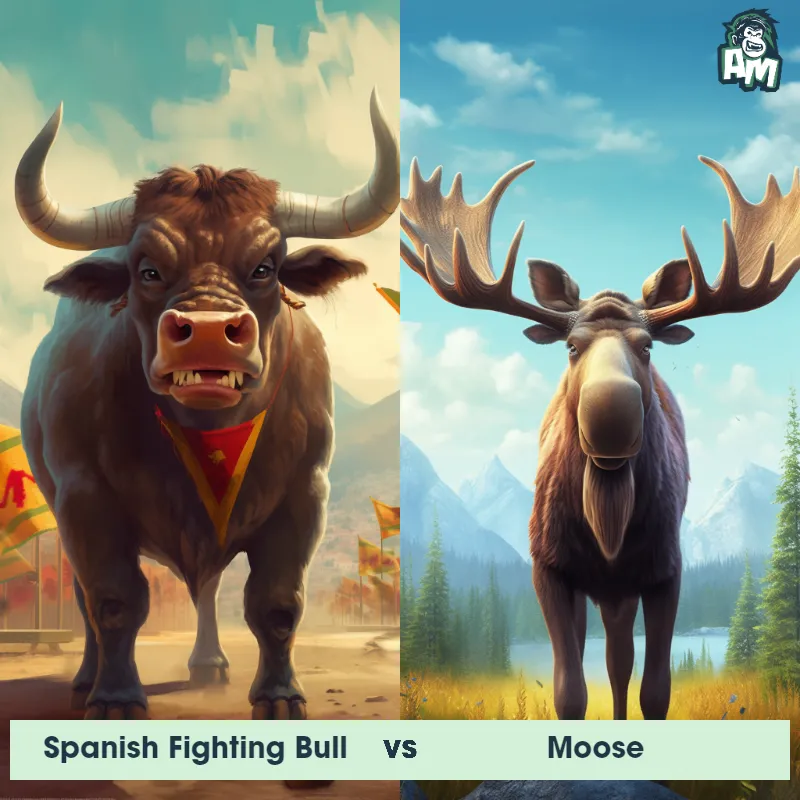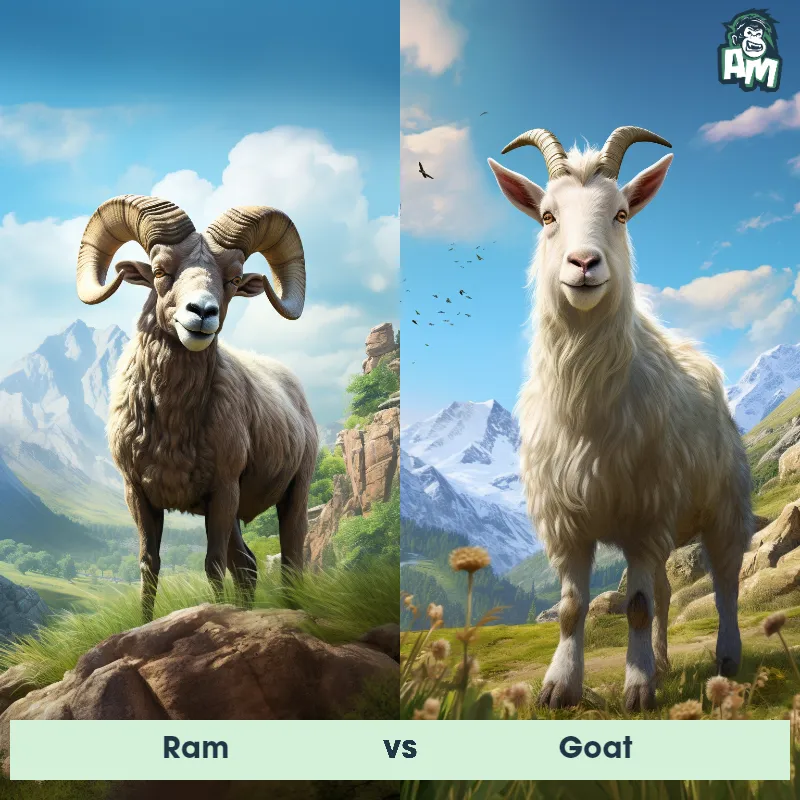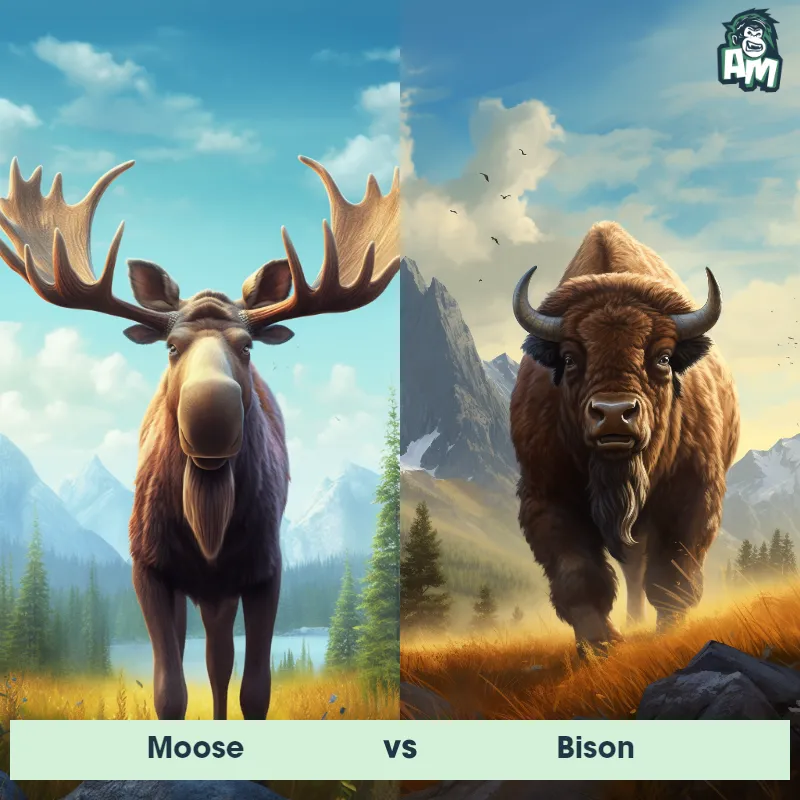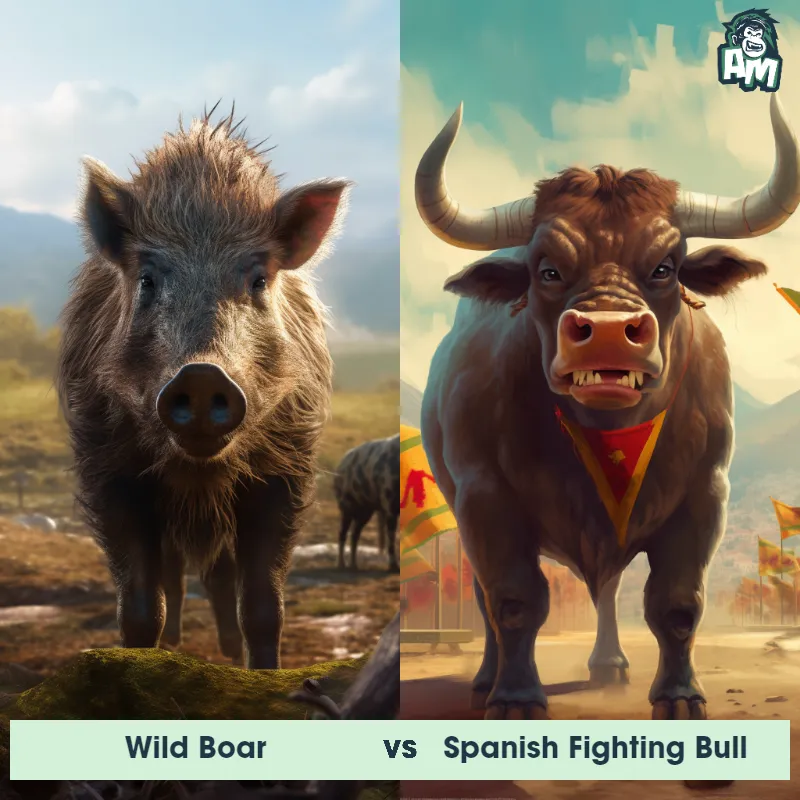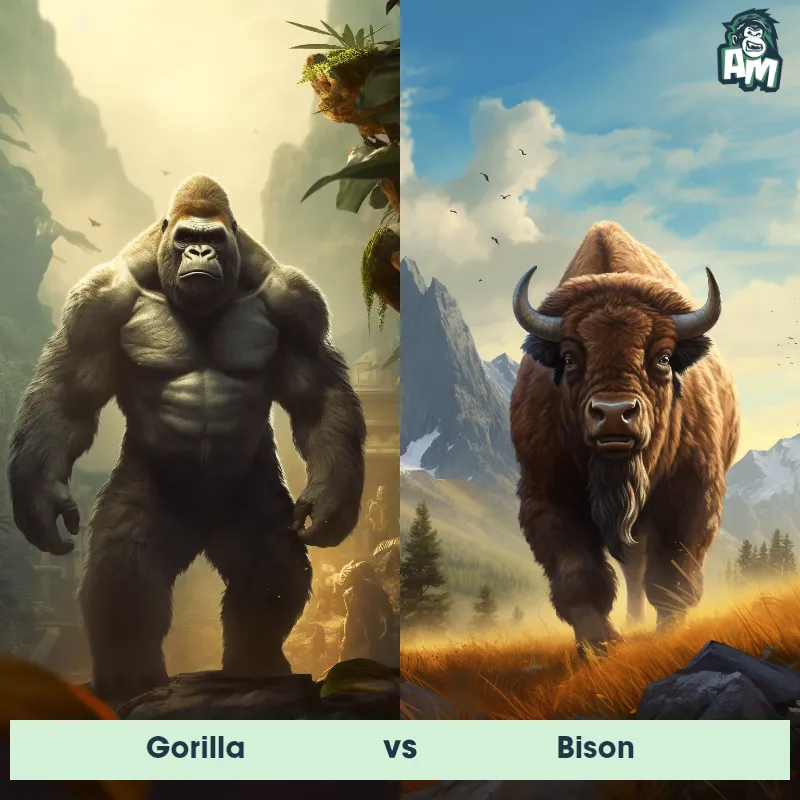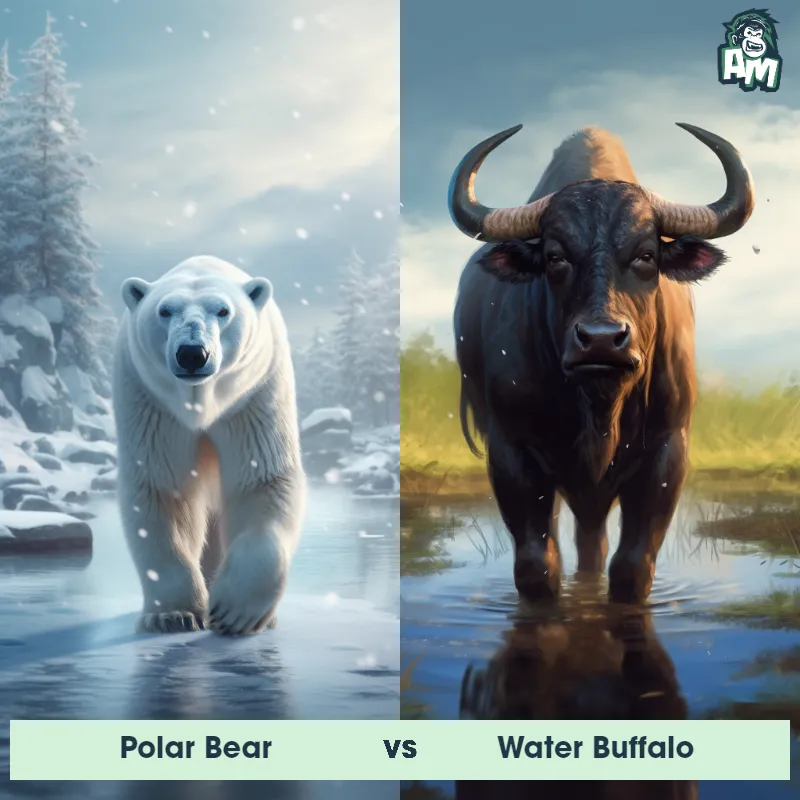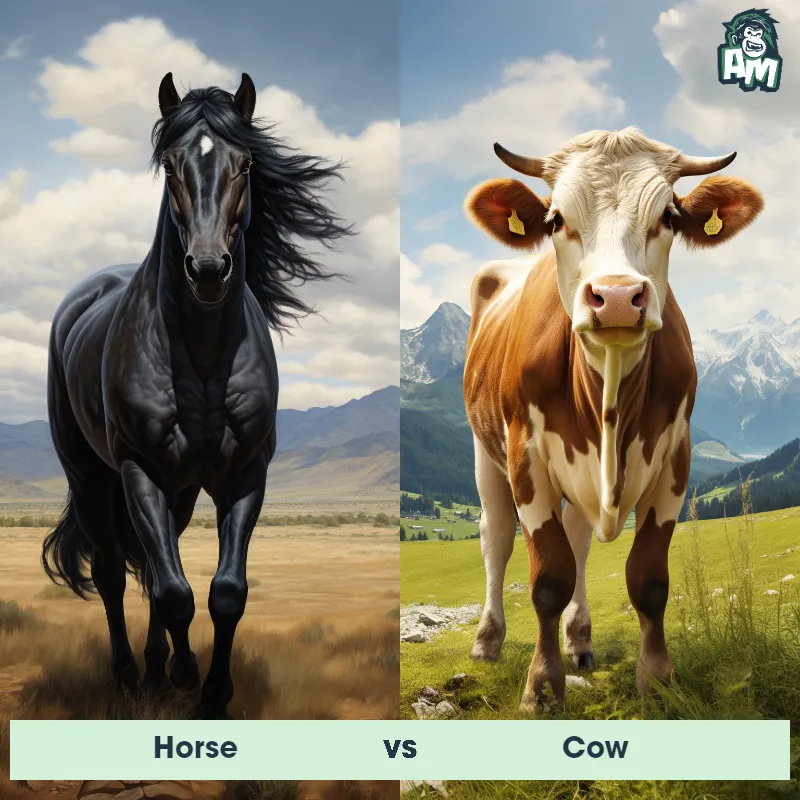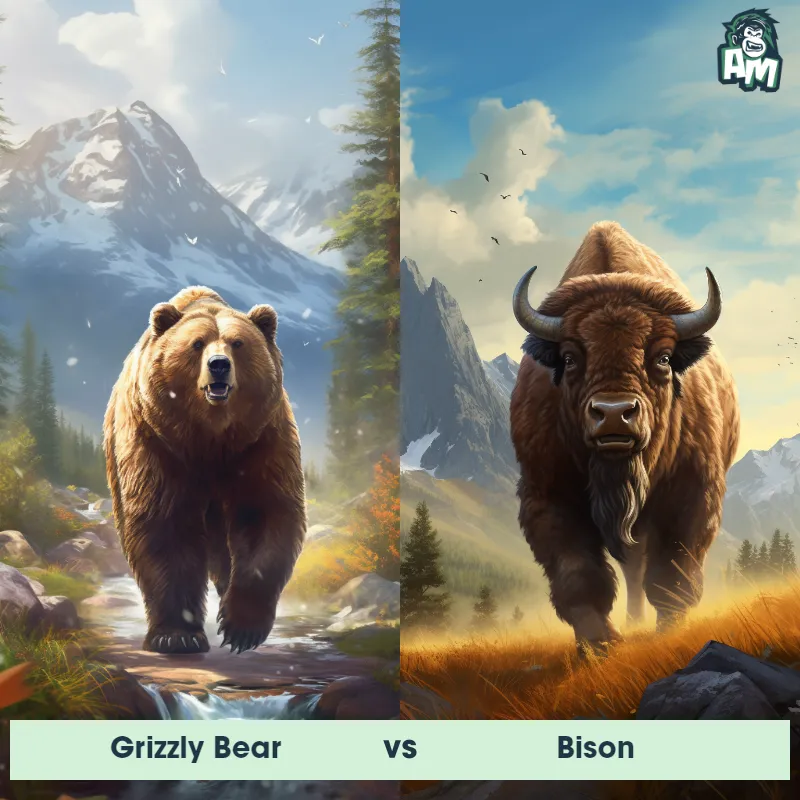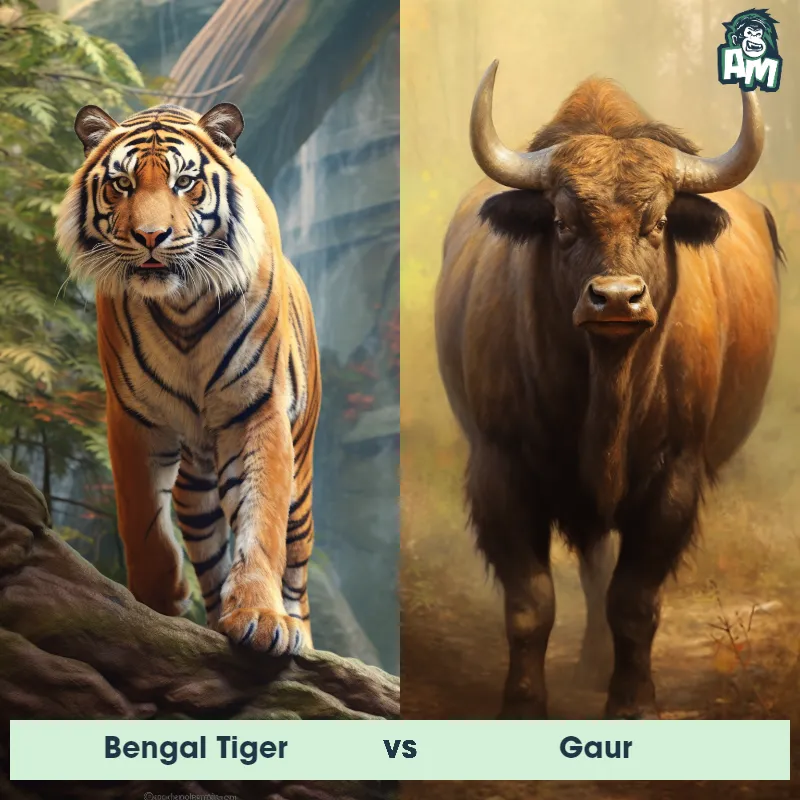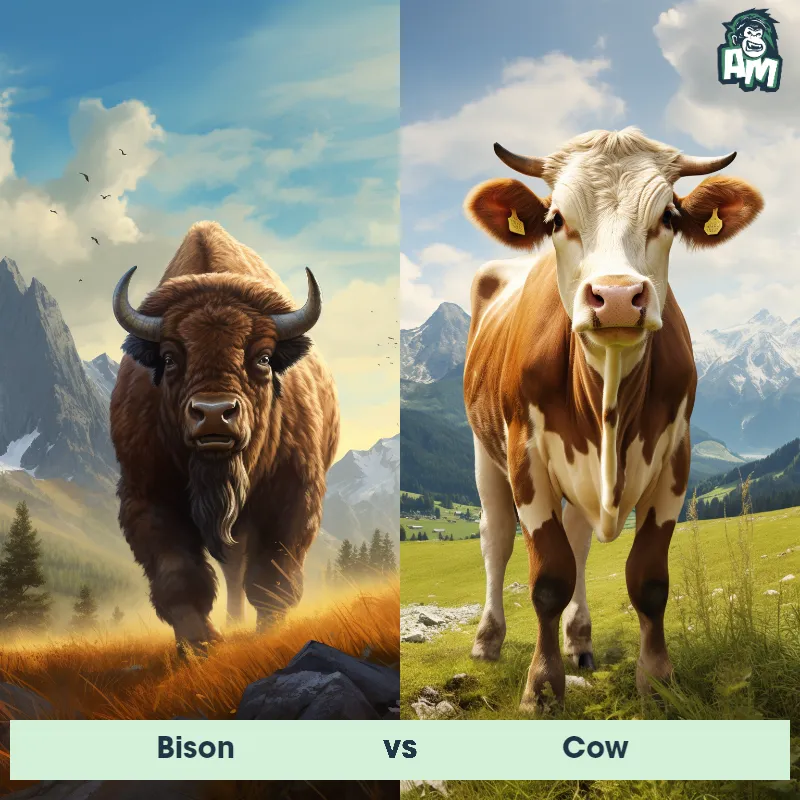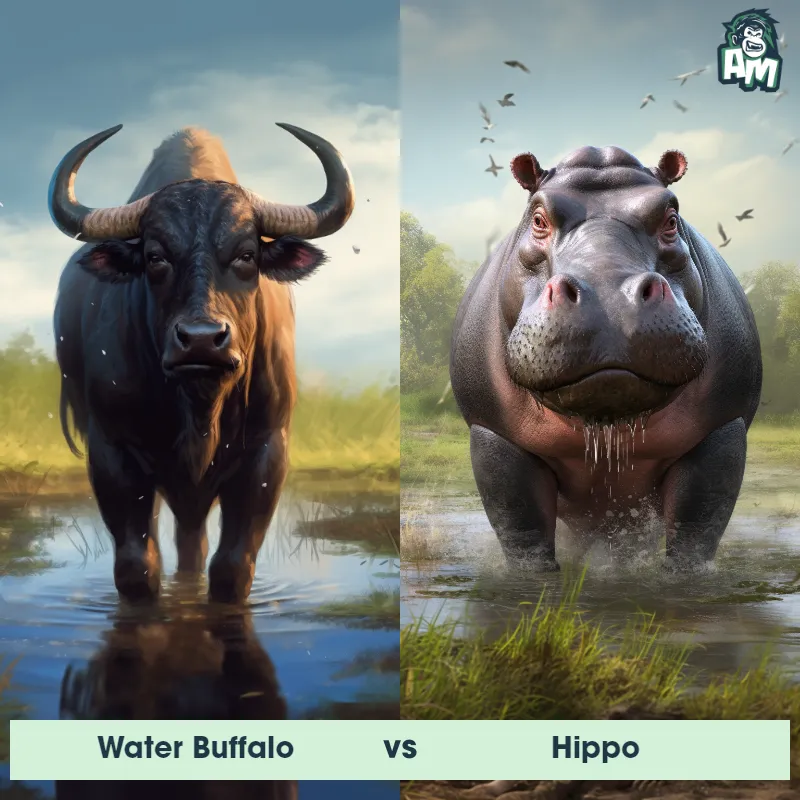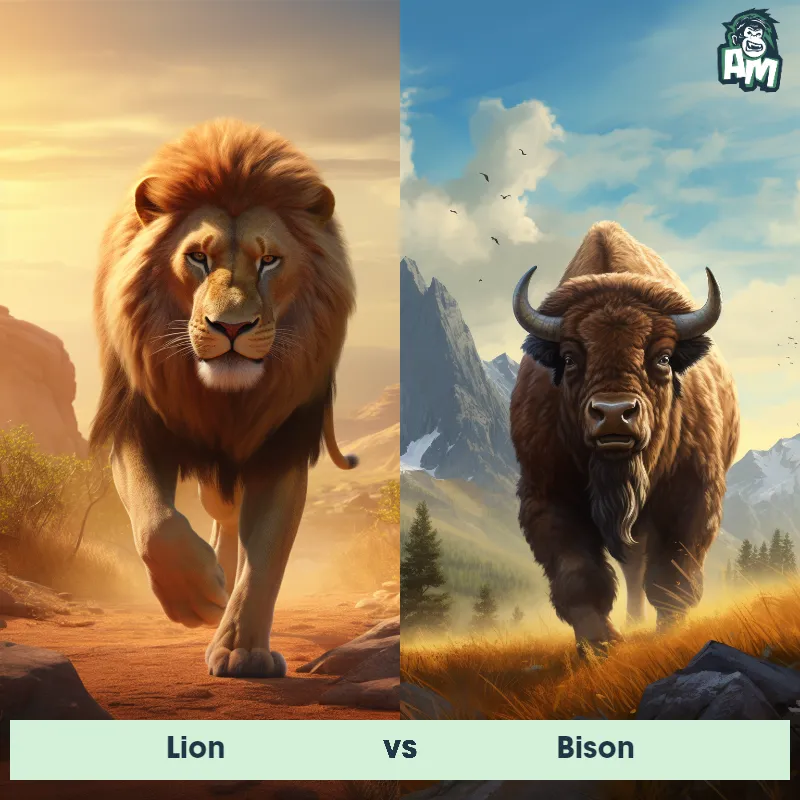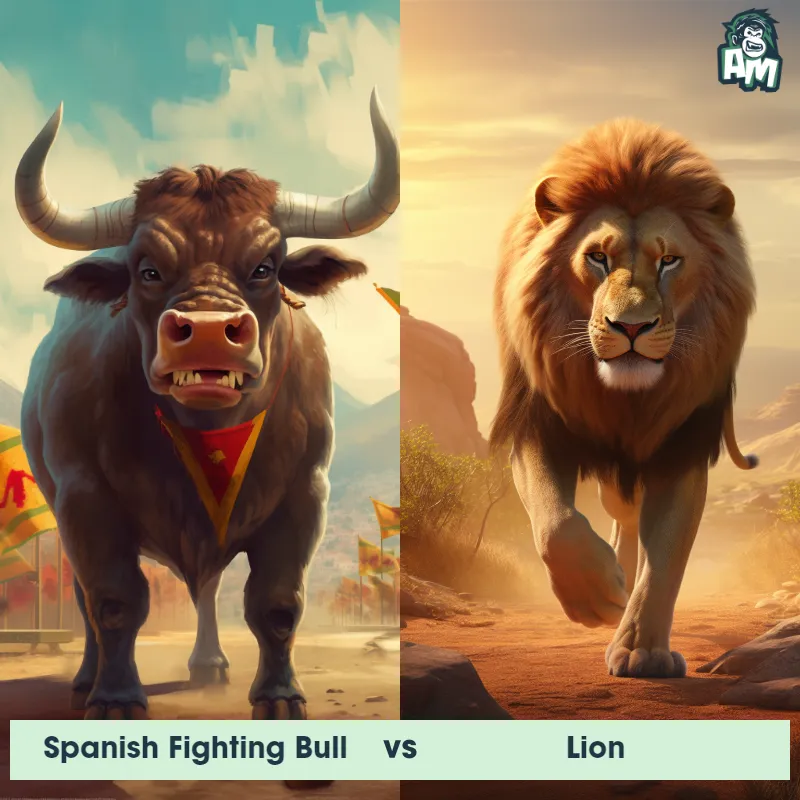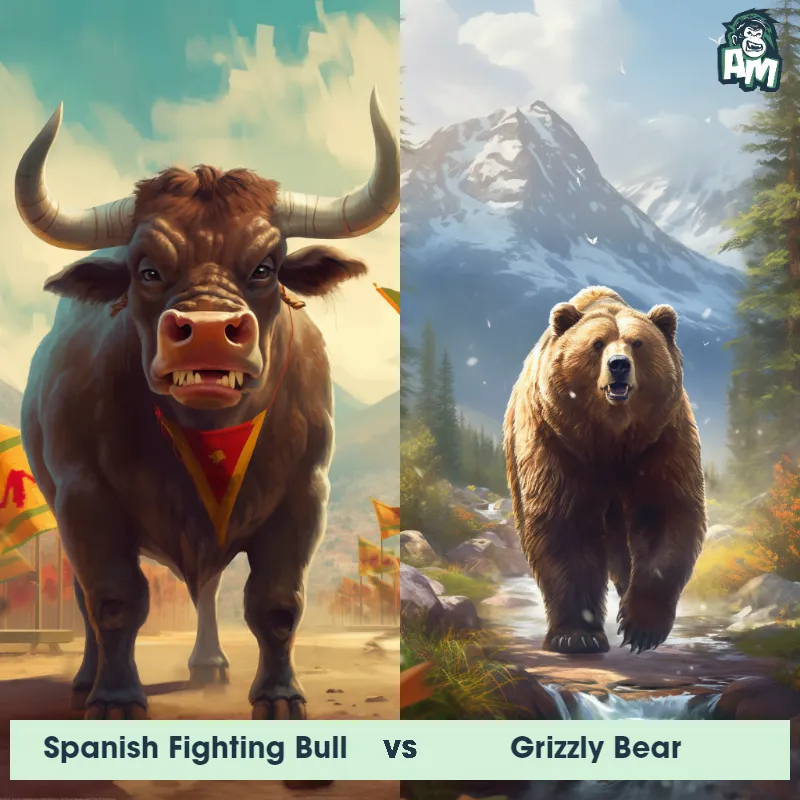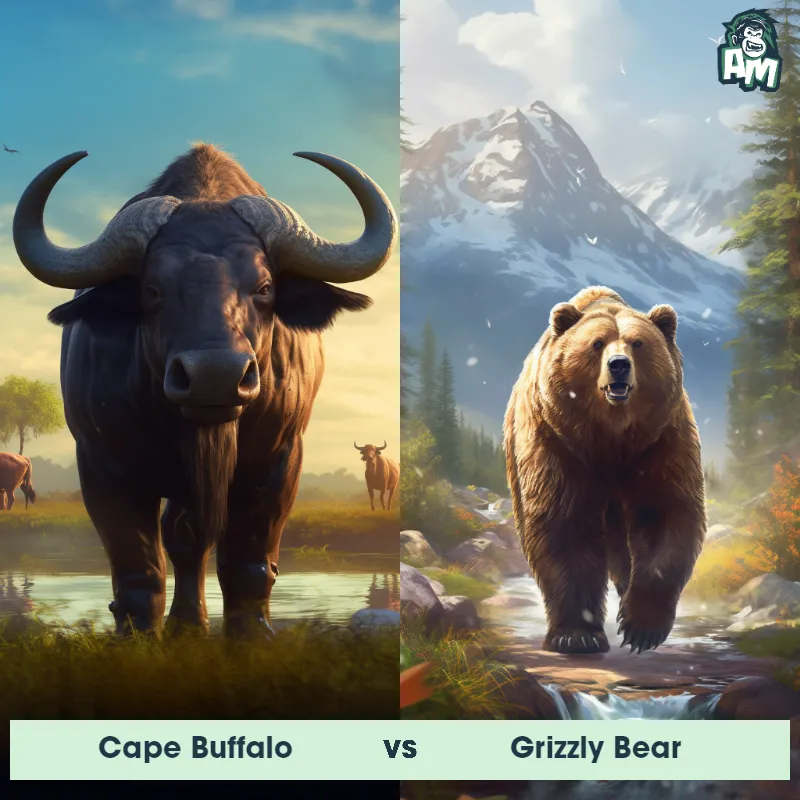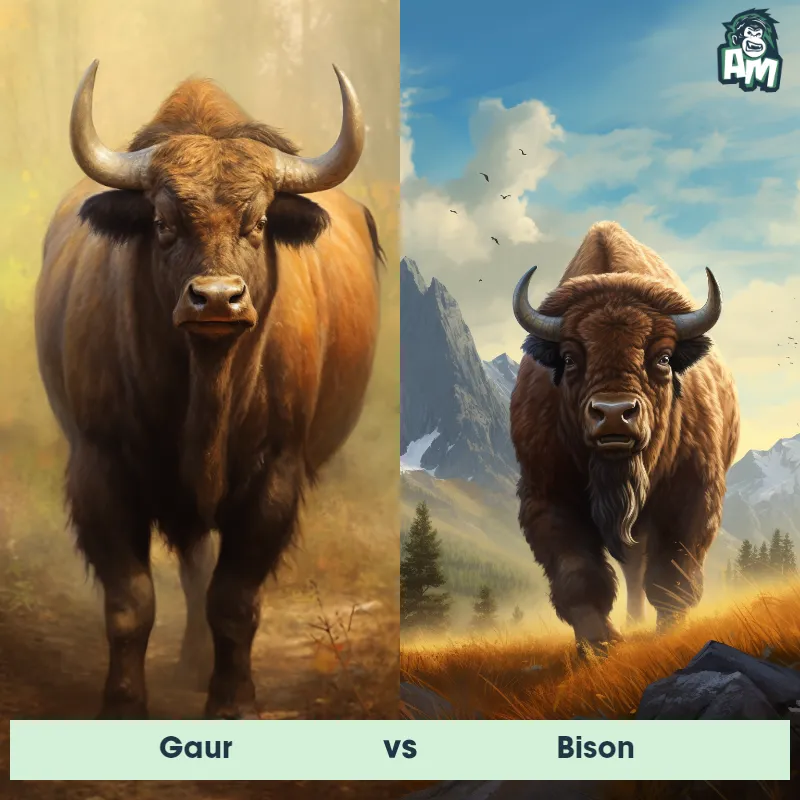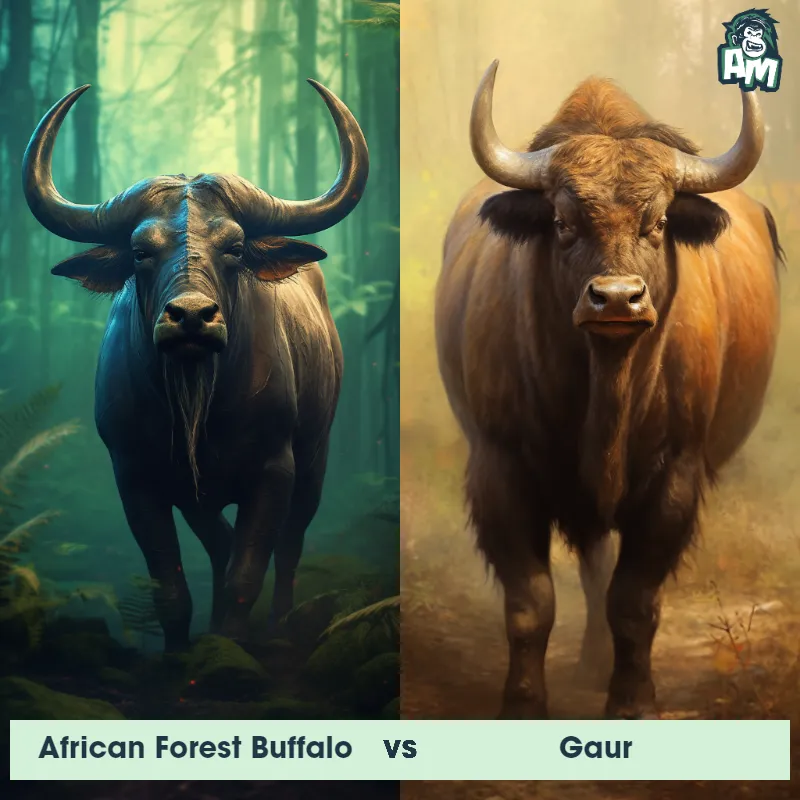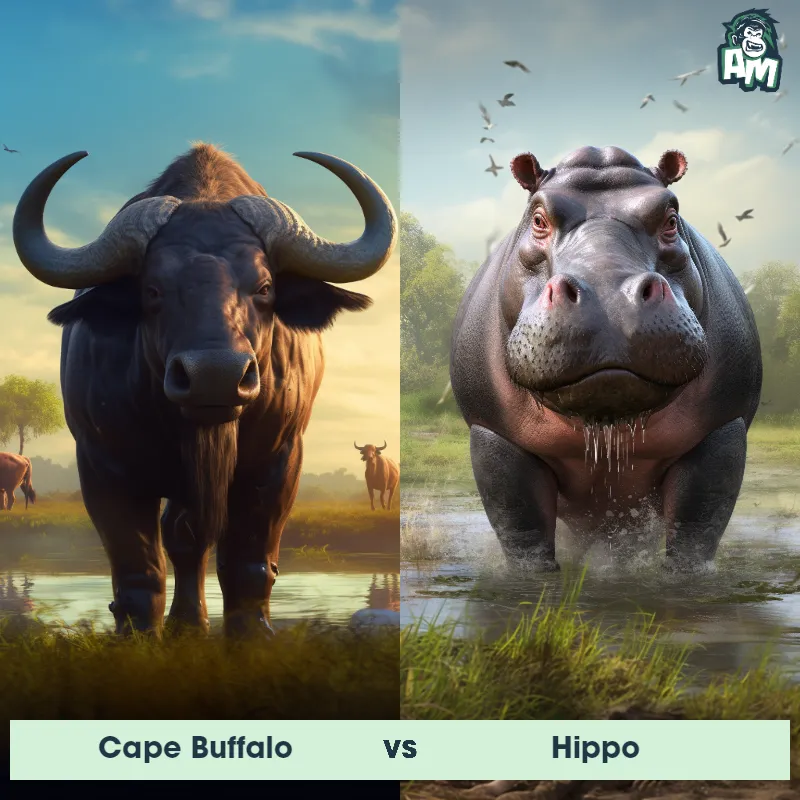Cape Buffalo vs Water BuffaloSee Who Wins
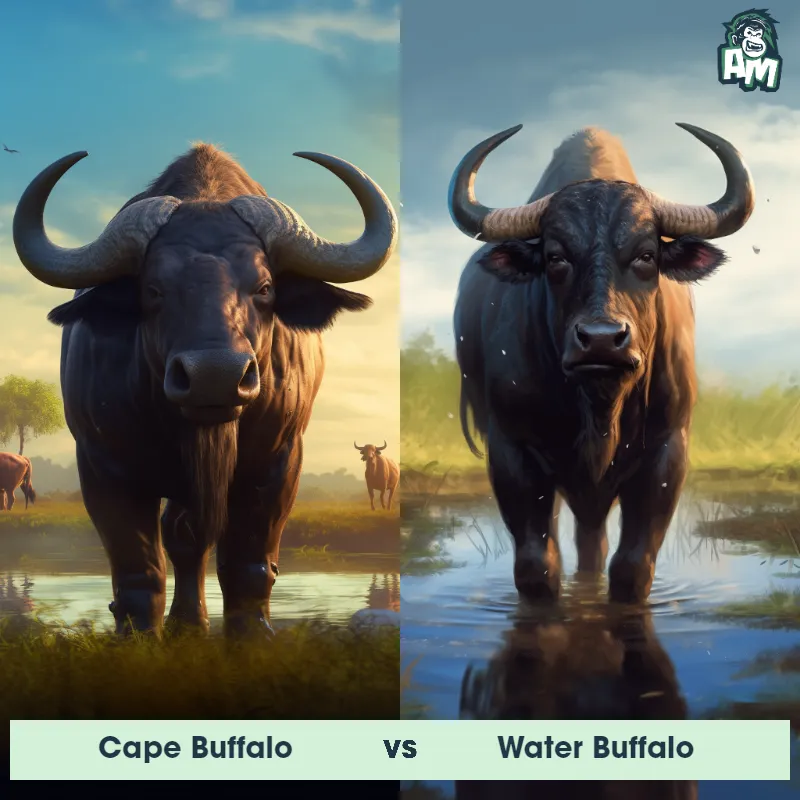
Ladies and gentlemen, prepare to be enthralled by a ground-shaking showdown between two of nature's most formidable herbivores: the Cape Buffalo and the Water Buffalo. Over the course of three intense rounds, these mighty beasts will demonstrate their raw power, agility, and determination as they vie for supremacy. Without further ado, let the battle commence!
Contender 1: Cape Buffalo
The Cape Buffalo, also known as the African Buffalo, is a large and powerful bovine species found in sub-Saharan Africa. They have a stocky build, with a broad chest and powerful legs, and can weigh up to 1,000 kg. Their coat is dark brown or black, and they have large, curved horns that can span up to 1.5 meters. Cape Buffalos are known for their aggressive behavior and are considered one of the most dangerous animals in Africa.
Fun Fact: Cape Buffalos have a reputation for being one of the "Big Five" game animals, along with lions, leopards, elephants, and rhinoceroses.
Contender 2: Water Buffalo
The Water Buffalo, also known as the Asian Buffalo, is a large domesticated bovine that is commonly used for farming and transportation in many parts of Asia. They have a stocky build, with large curved horns and a thick, shaggy coat that ranges in color from black to gray. Water Buffalos are known for their strength and endurance, and can weigh up to 2,000 pounds.
Fun Fact: Water Buffalos are excellent swimmers and are often found in rivers and swamps, where they use their powerful legs to navigate through the water and graze on aquatic plants.
Matchup Stats
| Cape Buffalo | Water Buffalo | |
|---|---|---|
| Size | Height at shoulder: 1.0-1.7 meters (3.3-5.6 feet); Length: 1.7-3.4 meters (5.6-11.2 feet) | 5-6 feet (1.5-1.8 meters) at the shoulder |
| Weight | 500-1,000 kg (1,100-2,200 lbs) | Up to 2,000 pounds (900 kilograms) |
| Speed | Speed: 35 mph (56 km/hr) | Speed: 30 mph (48.28 km/hr) |
| Key Strength | Powerful charge and sharp horns | Powerful horns and strong body |
| Biggest Weakness | Poor eyesight and slow movement | Slow movement and limited agility |
Current Votes
Cape Buffalo vs Water Buffalo
See Who Wins
View More Matches
Looking For More?
Similar Matches
Scientific Stats
| Cape Buffalo | Water Buffalo | |
|---|---|---|
| Scientific Name | Syncerus caffer | Bubalus bubalis |
| Family | Bovidae | Bovidae |
| Habitat | Grasslands, savannas, and forests | Wetlands, grasslands, and forests |
| Geography | Sub-Saharan Africa | Asia, Europe, Australia, and North America |
| Diet | Herbivorous, feeding on grasses, leaves, and other vegetation | Herbivorous, primarily grasses and aquatic plants |
| Lifespan | 15 years - 25 years | 10 years - 25 years |
Key Differences between Cape Buffalo and Water Buffalo
- Size: Cape Buffalos are smaller than Water Buffalos.
- Horns: Cape Buffalos have a characteristic "boss" or fused base of horns, while Water Buffalos have curved horns that grow separately.
- Color: Cape Buffalos are usually dark brown or black, while Water Buffalos can range from gray to light brown.
- Ears: Cape Buffalos have smaller ears that are more pointed, while Water Buffalos have larger, rounder ears.
- Shape: Cape Buffalos have a more angular, muscular shape, while Water Buffalos have a rounder, bulkier appearance.



